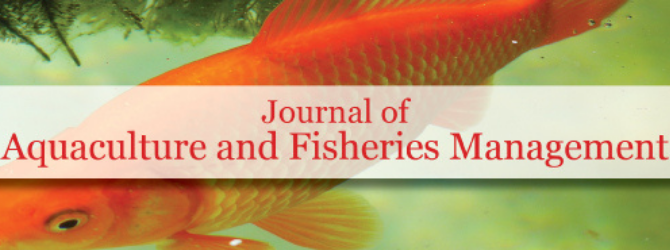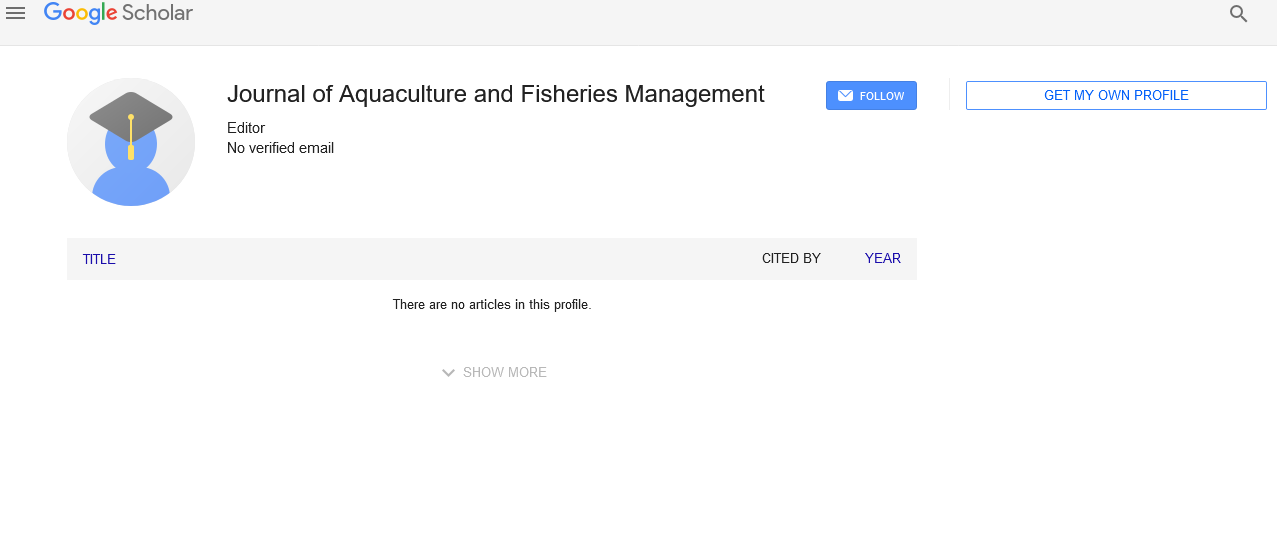
Sign up for email alert when new content gets added: Sign up
Abstract
Beneficial microbes in Aquaculture Industry: A management tools through environmental manipulation
Author(s): Partha BandyopadhyayImportance of aquaculture product is set to increase dramatically as a result of over fishing of the world's waters and an increasing demand for seafood. A significant issue affecting production is the loss of stock through disease. Diseases caused by Vibrio spp. and Aeromonas spp. are commonly implicated in episodes of mortality. The use of antimicrobial drugs (AD) in aquaculture has led to the emergence of antibiotic resistant bacteria (ARB). In aquaculture this was felt most dramatically in the shrimp industry where massive increases in production, overcrowding of animals and unchecked antibiotic usages led to the emergence of numerous ARB and production crashes in many Asian countries. Now, researchers are trying to use beneficial microbes in aquaculture to improve water quality by balancing beneficial microbial population in water and reducing pathogenic bacterial load. The probiotic organisms are act as ‘a live microbial adjunct which has a beneficial effect on the host by modifying the host associated or ambient microbial community, by ensuring improved use of the feed or enhancing its nutritional value, by enhancing the host response towards disease, or by improving the quality of its ambient environment’. The beneficial effects of probiotics have been attributed to their ability to promote the immunological and non-immunological defense barrier in the gut, normalization of increased intestinal permeability and altered gut microflora. The benefit to the host may arise as a nutritional effect, whereby the bacteria are able to breakdown toxic or otherwise innutritious components of the diet, which the host can then digest. Alternatively, it may prevent potential pathogens from colonizing the gut by production of antimicrobial compounds, or by outcompeting them for nutrients or mucosal space. Beneficial microbial strains that are already adapted, through natural processes, to the dynamics of an aquaculture production system will probably lessen any farm management environmental manipulation practices required to achieve the desired beneficial effect in the final product. Introducing such specifically intended probiotics and bio-remediating microbes is bound to favour an increase in the application of probiotics, for sustainable aquaculture production. Global competition today requires that aquaculture producers practiced intensive farming to remain competitive. Then, it is essential that producers seek biotechnological methods and products and beneficial microbs) is the best available solution in this century.




